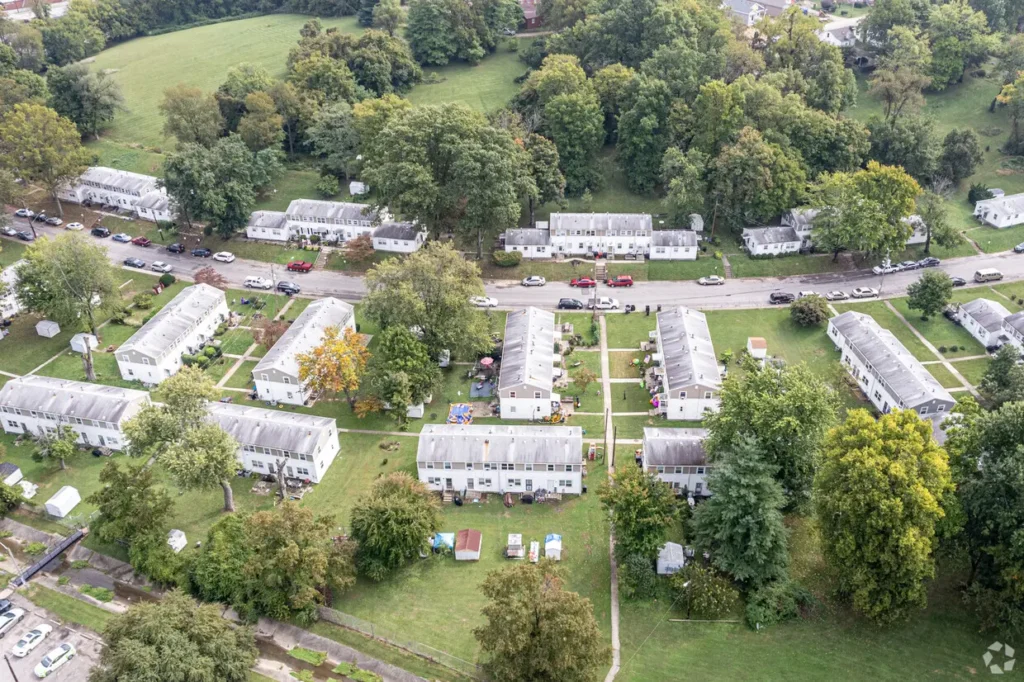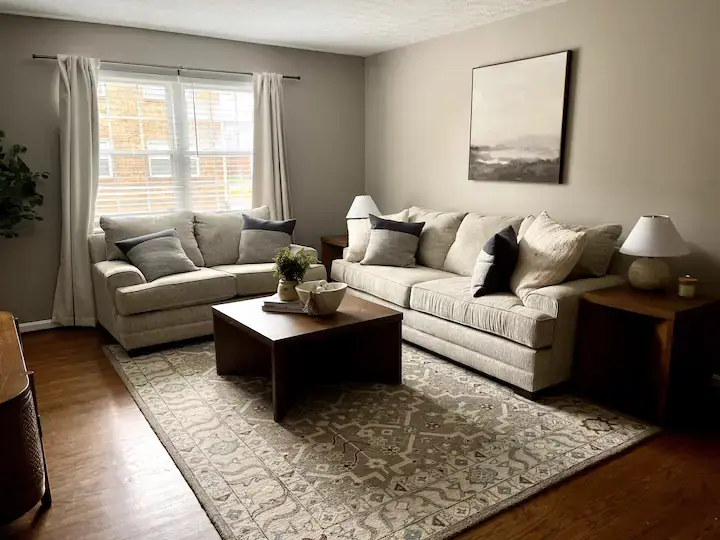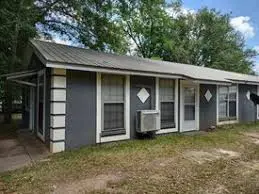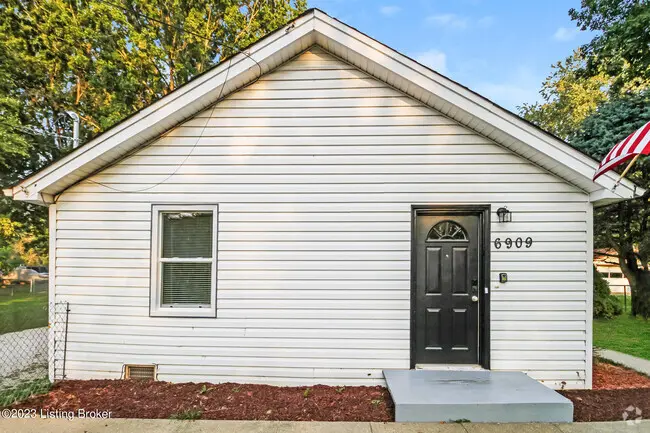If you have a question ”How Much Is Rent In Pineapple Department In Louisville Georgia?” the answer is here in this article. When you’re considering moving to a new area, one of the most important factors to think about is the cost of living. Among these, rent is a significant expense. If you’re interested in the Pineapple Department in Louisville, Georgia, this guide will provide you with a detailed understanding of what you can expect when it comes to rental prices.
Overview of Louisville, Georgia
Louisville is a small city in Jefferson County, Georgia. It has a rich history dating back to its establishment in 1786, when it was briefly the state capital. The city is known for its warm community feel, historical landmarks, and Southern charm. Louisville offers a peaceful, rural lifestyle, which appeals to those looking for a quiet place to live away from the hustle and bustle of larger cities.

Pineapple Department: What Is It?
Before diving into the costs, it’s important to clarify what the “Pineapple Department” refers to. In this context, “Pineapple Department” could either be the name of a specific apartment complex or a colloquial name for a well-known residential area in Louisville. However, based on available public records, it seems that “Pineapple Department” might be more of a local nickname or reference rather than an officially listed apartment complex. For this reason, we’ll explore general rent prices in Louisville while considering various types of housing options that could be labeled under such a name.
How Much Is Rent In Pineapple Department In Louisville Georgia
To provide a comprehensive understanding, let’s break down rental costs into different categories:
- Single-Bedroom Apartments:
- The average rent for a single-bedroom apartment in Louisville is typically between $500 and $700 per month. This price range can vary depending on the exact location within the city, the amenities offered, and the condition of the apartment.
- Apartments that are more modern or closer to central Louisville might lean towards the higher end of this spectrum.
- Two-Bedroom Apartments:
- If you’re looking for a bit more space, a two-bedroom apartment generally costs between $700 and $1,000 per month. These apartments are ideal for small families, roommates, or those who need an additional room for office space or guests.
- The rent may increase if the apartment comes with additional facilities such as a swimming pool, gym, or private parking.
- Three-Bedroom Apartments or Houses:
- For larger families or those needing even more space, three-bedroom apartments or rental houses are available, typically ranging from $1,000 to $1,400 per month.
- Renting a house instead of an apartment might give you more privacy and outdoor space, but it could also come with additional costs for maintenance and utilities.
Factors Influencing Rent Prices
Several factors influence the rent prices in Louisville, Georgia:
- Location: Proximity to downtown Louisville, schools, parks, and other amenities can affect rental prices. Apartments closer to the city center or major highways may command higher rents.
- Apartment Condition and Age: Newer or recently renovated apartments often have higher rents due to modern facilities and updated appliances. Older buildings might offer lower rent but could lack some modern conveniences.
- Utilities and Other Costs: Some rentals include utilities in the monthly rent, while others do not. Be sure to clarify what’s included to avoid unexpected costs.
- Lease Terms: The length of the lease can also affect the price. Short-term leases or month-to-month rentals might have higher monthly rates compared to a longer-term commitment.
Cost of Living in Louisville, Georgia
People want to explore about How Much Is Rent In Pineapple Department In Louisville Georgia? so, Beyond rent, it’s important to consider the overall cost of living in Louisville. According to various cost-of-living indices, Louisville is relatively affordable compared to the national average. Here’s a breakdown of other typical expenses:
- Utilities: Expect to pay around $100 to $150 per month for basic utilities, including electricity, water, and gas.
- Groceries: Grocery prices are generally in line with the national average, though you may find some variation depending on where you shop.
- Transportation: With a smaller town setup, most residents use personal vehicles for transportation. Gas prices in Georgia are often lower than the national average.
- Entertainment and Dining: Louisville offers a modest selection of local restaurants and entertainment options. Dining out can be quite affordable, with meals typically costing between $10 and $20 per person at most local establishments.

Finding a Place to Rent in Louisville, Georgia
If you’re looking to rent in Louisville, here are some tips on how to find the best deals:
- Online Rental Listings: Websites like Zillow, Trulia, and Realtor.com list apartments and houses for rent in Louisville. These platforms allow you to filter searches based on price, number of bedrooms, and amenities, making it easier to find what suits your needs.
- Local Real Estate Agents: Local agents often have inside knowledge of upcoming rentals that haven’t yet been listed online. They can help you navigate the rental market and potentially secure a better deal.
- Social Media and Community Boards: Local Facebook groups or community boards can be a great resource for finding rental opportunities that are not listed on the major websites.
- Drive Around: In smaller towns like Louisville, some rental properties may only be advertised with signs in the yard. Taking a drive around the neighborhoods you’re interested in could uncover hidden gems.
Long-Term Rental Trends
Looking at the broader trends, rent in Louisville, Georgia, has been relatively stable over the past few years. The town’s small size and steady population mean that it doesn’t experience the same rapid fluctuations in rent seen in larger urban areas. However, as with any area, rent prices are subject to change based on economic conditions, local demand, and housing availability.
Living in Louisville, Georgia: Is It Right for You?
Louisville, Georgia, offers a quiet, affordable place to live with a strong sense of community. Whether you’re moving for work, to be closer to family, or just for a change of scenery, it’s important to consider what you’re looking for in a place to live.
Pros of Living in Louisville:
- Affordable Cost of Living: Compared to larger cities, Louisville offers lower rent and living expenses, making it an attractive option for those on a budget.
- Community Atmosphere: Louisville is a tight-knit community where people know their neighbors and there’s a strong sense of local pride.
- Historical Significance: The town is rich in history, with landmarks like the Old Market House and other historic sites providing a glimpse into Georgia’s past.
Cons of Living in Louisville:
- Limited Job Opportunities: Louisville is a small town, and job opportunities may be limited, particularly in specialized fields. Many residents commute to nearby cities for work.
- Fewer Amenities: While it offers essential services, Louisville doesn’t have the wide range of amenities found in larger cities, such as major shopping centers, entertainment venues, and dining options.
Tips for Renters
If you’ve decided that Louisville, Georgia, is the right place for you, here are a few tips to help you navigate the rental process:
- Budget Wisely: Ensure you have a clear understanding of all the costs associated with renting, including utilities, maintenance fees, and any additional expenses like parking or pet fees.
- Inspect the Property: Before signing a lease, thoroughly inspect the property for any damages or maintenance issues. Documenting these with photos can help avoid disputes later.
- Understand the Lease Terms: Read the lease agreement carefully and make sure you understand all the terms. This includes the length of the lease, the deposit amount, and any rules regarding pets, guests, or renovations.
- Communicate with Your Landlord: Establishing a good relationship with your landlord can make your rental experience much smoother. Open communication helps address any issues promptly and ensures a better living situation.

Additional Resources
For those looking to dive deeper into the rental market in Louisville, Georgia, or for general information about living in the area, here are some helpful links:
- Zillow Rental Listings for Louisville, GA
- Trulia Apartments in Louisville, GA
- Realtor.com Louisville, GA Rental Market
- City of Louisville Official Website
Conclusion
Renting in Louisville, Georgia, particularly in areas like the Pineapple Department, offers an affordable and community-focused living experience. With rent prices generally lower than in many other parts of the country, it’s a viable option for those looking to balance cost with quality of life. While there may be some trade-offs in terms of job opportunities and amenities, the town’s charm and history make it an appealing choice for many.
You may also lioke to read about How To Find Current Subdivisions Under Construction in Kalispell
Whether you’re new to the area or a long-time resident looking to move, understanding the local rental market is key to making an informed decision. By considering the factors outlined in this guide, you can find a rental that fits your needs and budget, ensuring a smooth transition to life in Louisville, Georgia.
This comprehensive guide has aimed to cover every aspect of renting in Louisville, Georgia, with a focus on the Pineapple Department. If you have any more specific questions or need further assistance, don’t hesitate to reach out to local real estate agents or consult the provided resources. Good luck with your move!




